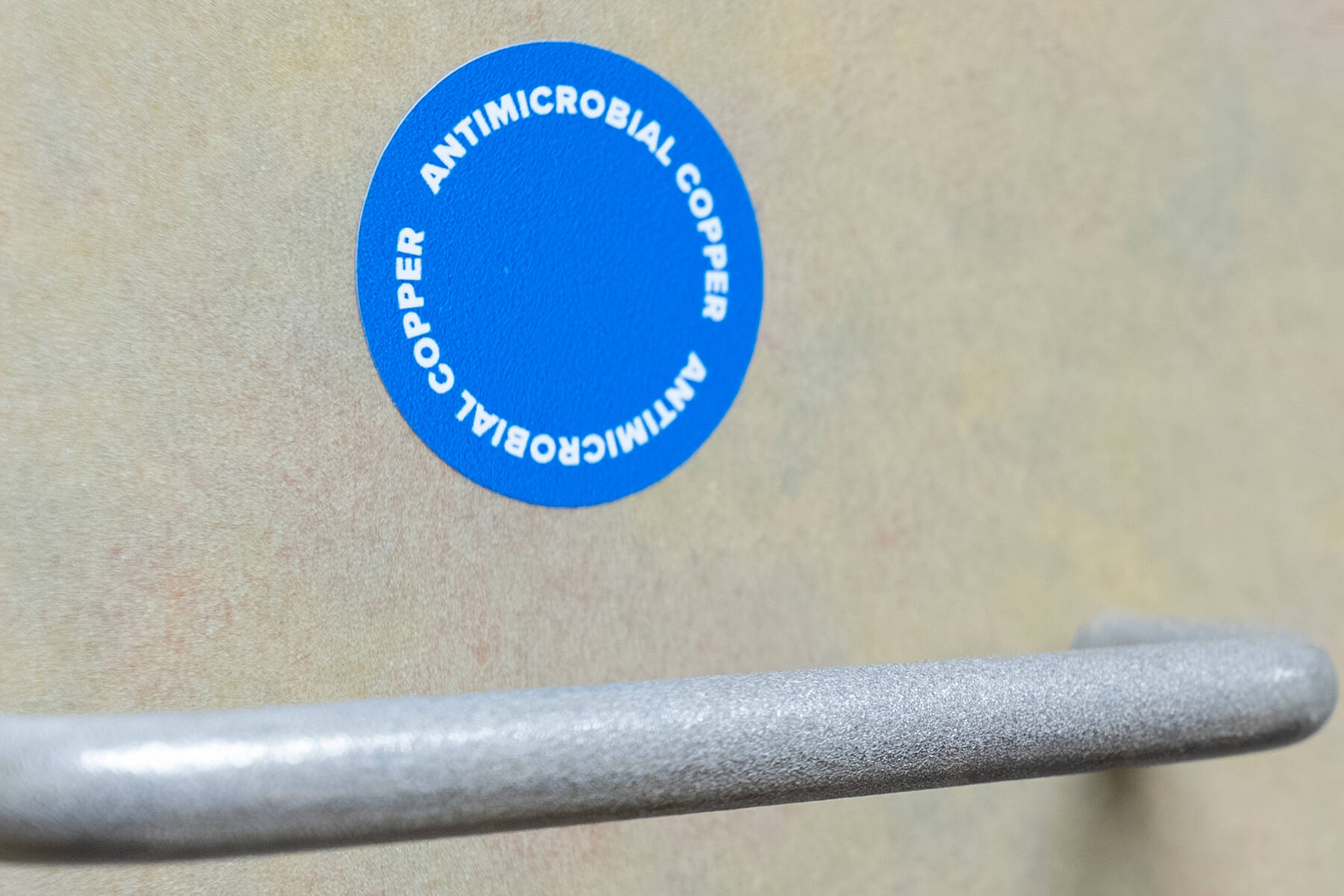A new study by a Canadian mining company is looking at how antimicrobial copper could be used to prevent infections in long-term care homes.
The study, conducted by Teck in partnership with Vancouver Coastal Health, will take place in three long-term care homes in the greater Vancouver area.
Antimicrobial copper is a type of copper that is capable of eliminating bacteria off its surface. Copper molecules enter the bacteria cells and render the cell nonfunctional, eventually killing it.
More than 600 antimicrobial copper products will be installed on high touch surfaces such as door handles, faucet knobs, fridge door handles and others. In a news release Monday (May 29), Teck said the study will mainly take into account the durability of the installations and rates of illness acquired from the facility. Teck has pledged $750,000 to fund the study as part of its copper and health program.
This study is not the first of its kind, either. Tests of the copper in hospitals and on public transit in Vancouver and Toronto showed antimicrobial surfaces eliminating up to 99.9 per cent of bacteria in less than two hours of contact. In combination with other cleaning and prevention methods, experts are hopeful to turn a corner in curbing spreads of disease.
READ MORE: 1,000 pieces of germ-fighting antimicrobial copper installed at YVR to combat COVID
“We are grateful for our project partners in supporting this work and are excited to further our understanding of copper as an infection prevention and control tool in the long-term care setting,” says Dr. Titus Wong, with Provincial Health Services Authority.
Teck CEO Jonathan Price also expressed his pride for the project, and said he’s hopeful that this study will demonstrate the effectiveness of antimicrobial copper, as well as help in protecting those who are most vulnerable to healthcare-acquired illnesses.

